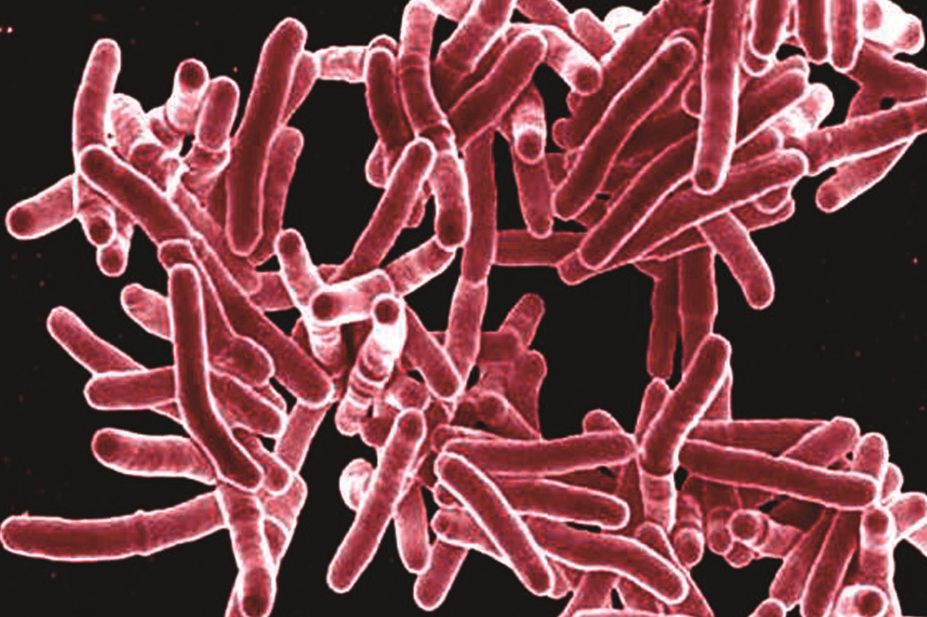
National Institute of Allergy and Infectious Diseases (NIAID)
Tuberculosis (TB), a bacterial lung infection, is a global pandemic that affects around nine million people per year. It has persisted despite the availability of the bacille Calmette-Guérin (BCG) vaccine, which has variable efficacy and fails to induce complete immunity in the majority of people.
Researchers from Tulane University, New Orleans, found an aerosolised vaccine using a modified TB mycobacterium that does not cause disease led to a comprehensive immune response within the lungs of macaques.
The modified mycobacterium, which does not express a gene involved in antioxidant stress response, was also significantly more effective than an aerosolised BCG vaccine at protecting against a TB infection challenge.
The researchers, writing in Nature Communications (online, 13 October 2015)[1]
, say the findings indicate that the modified mycobacterium could be developed as a novel vaccine candidate.
References
[1] Kaushal D, Foreman TW, Gautam US et al. Mucosal vaccination with attenuated Mycobacterium tuberculosis induces strong central memory responses and protects against tuberculosis. Nature Communications 2015. doi:10.1038/ncomms9533


